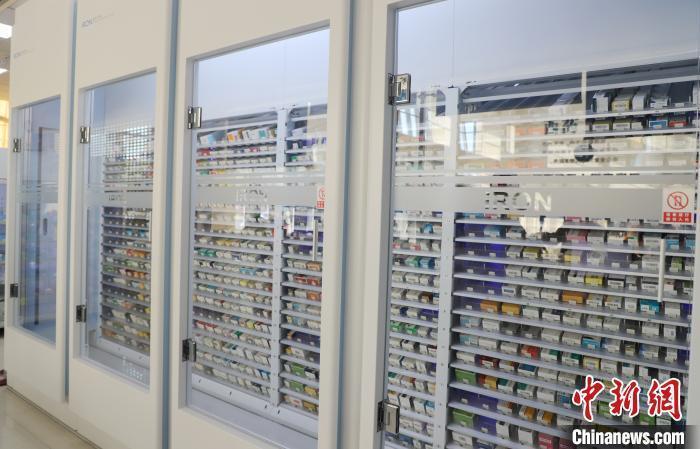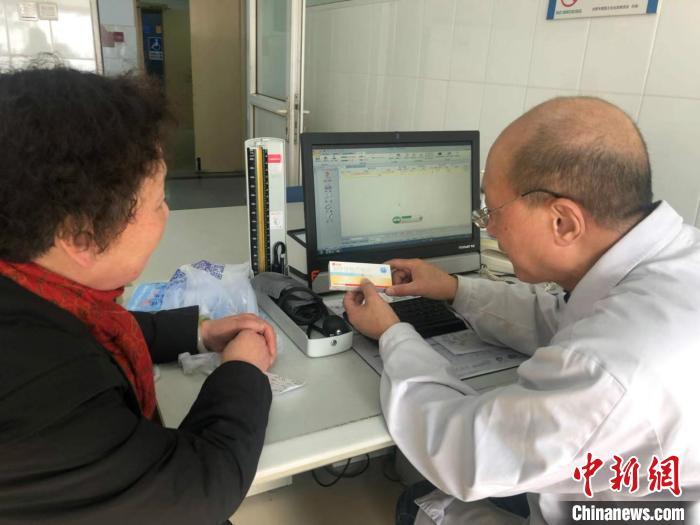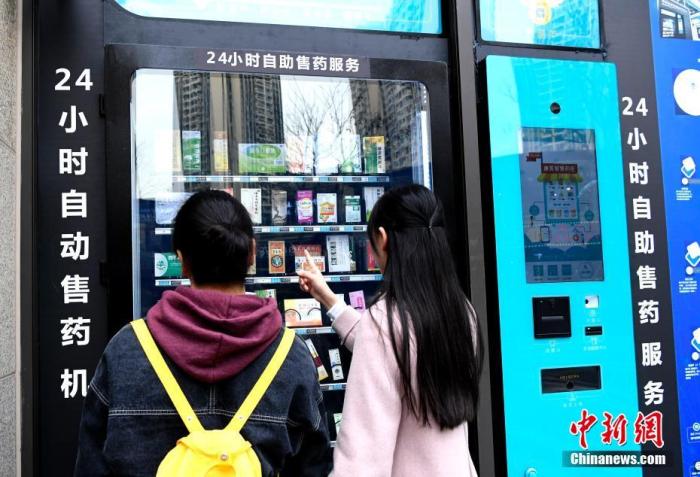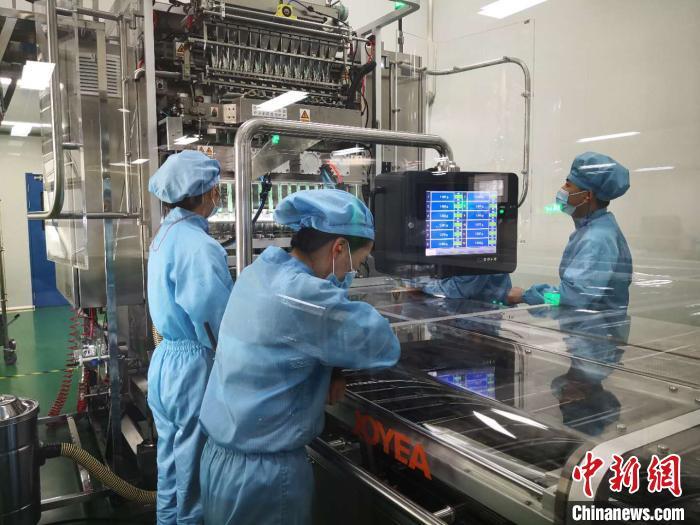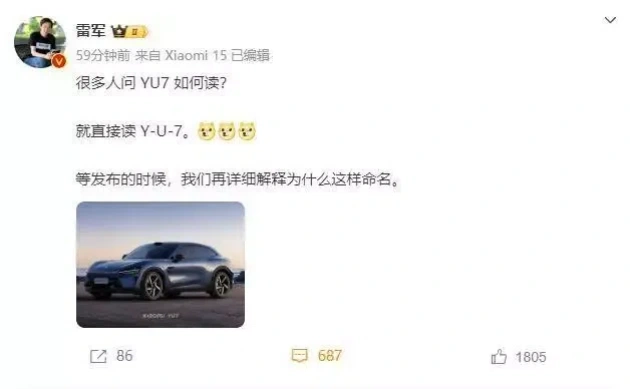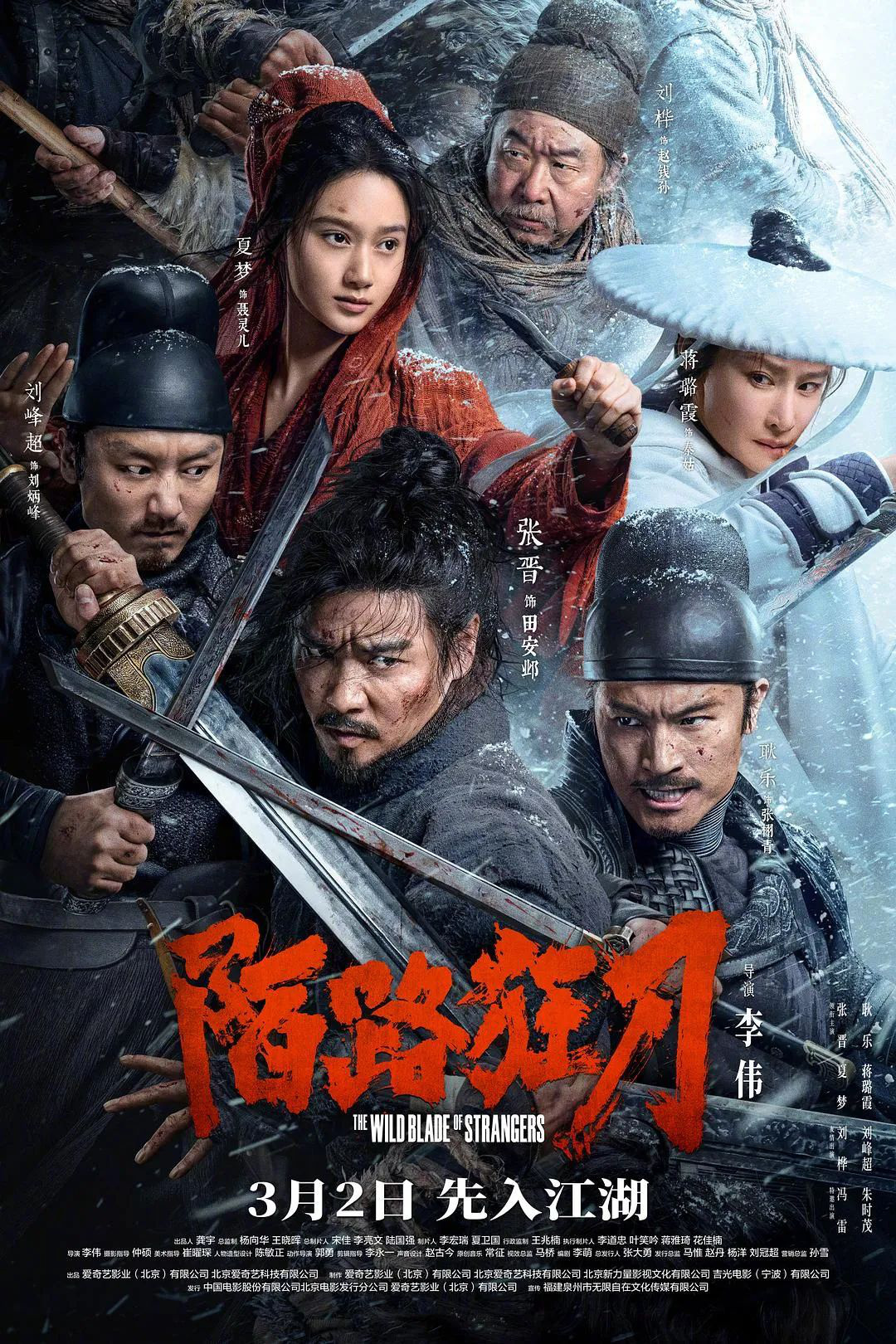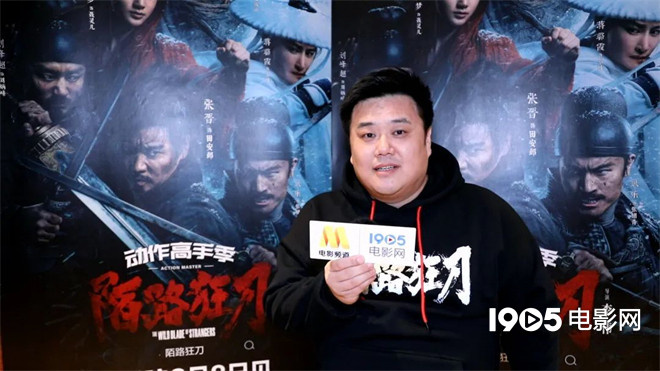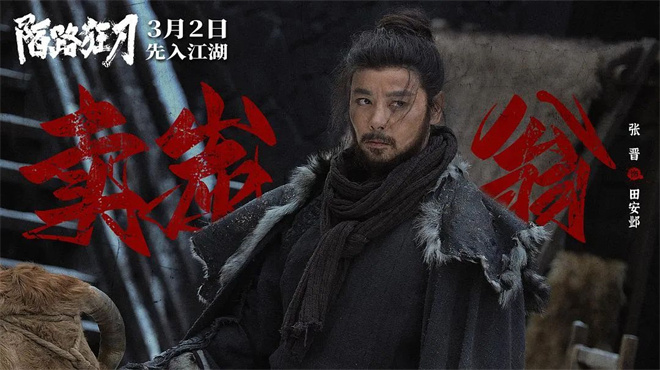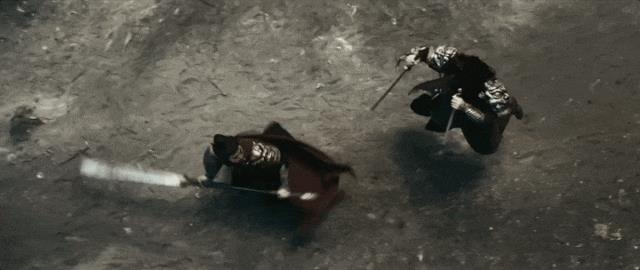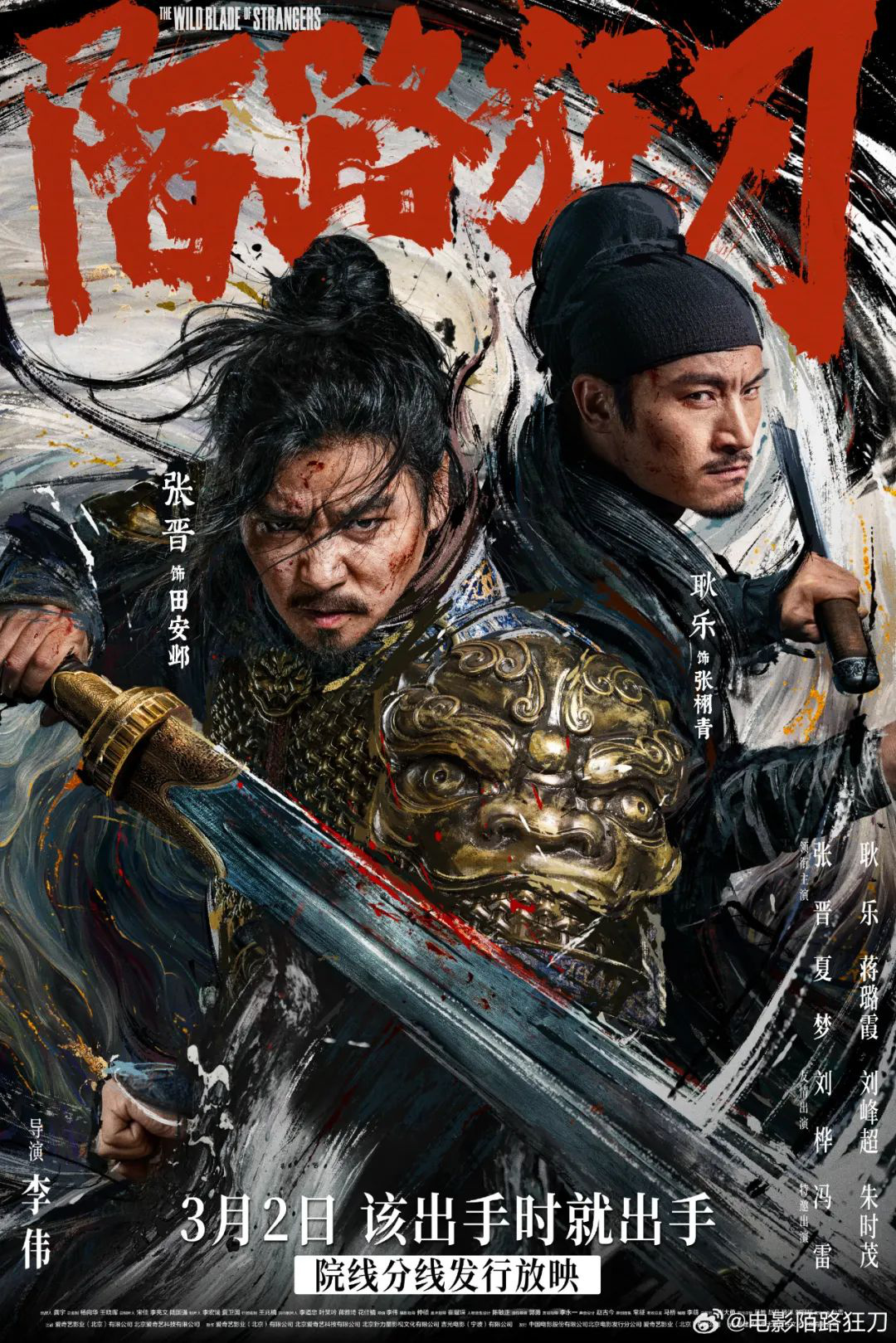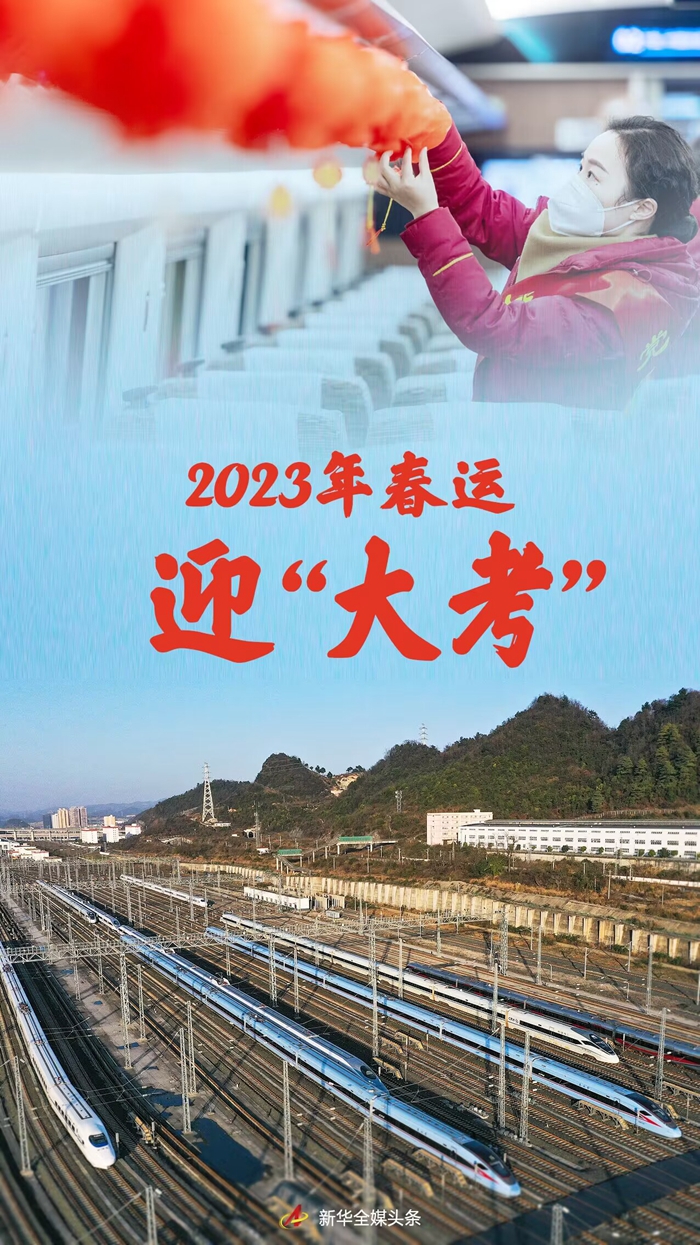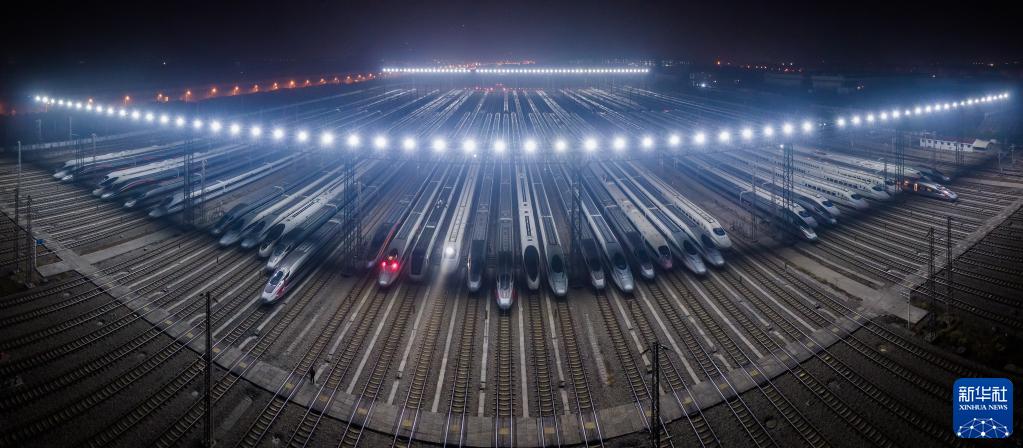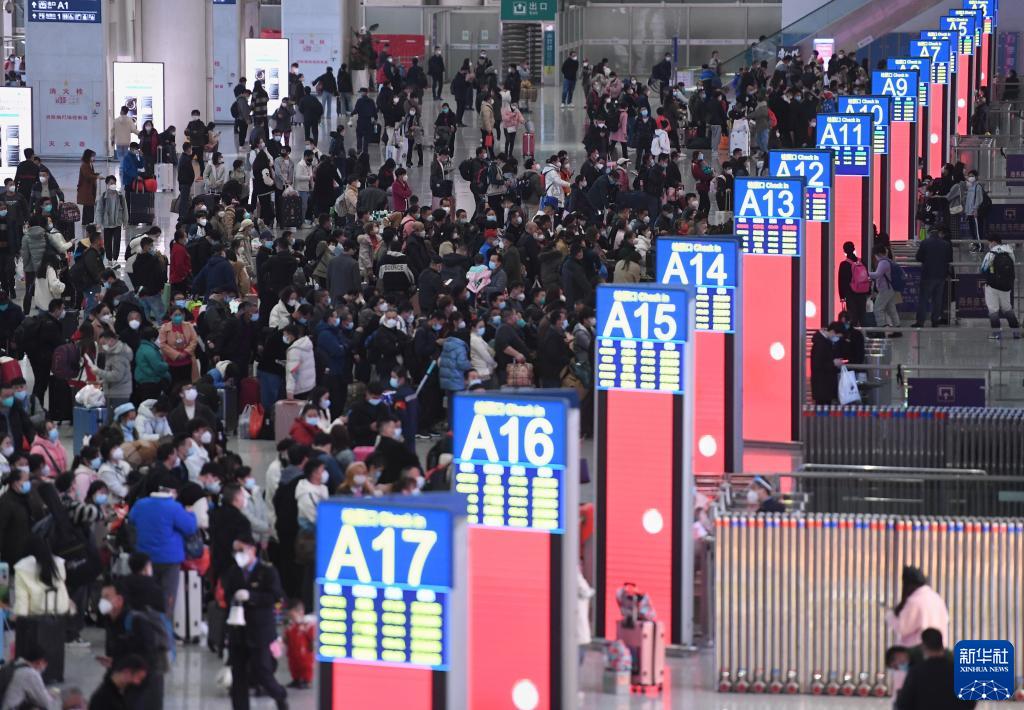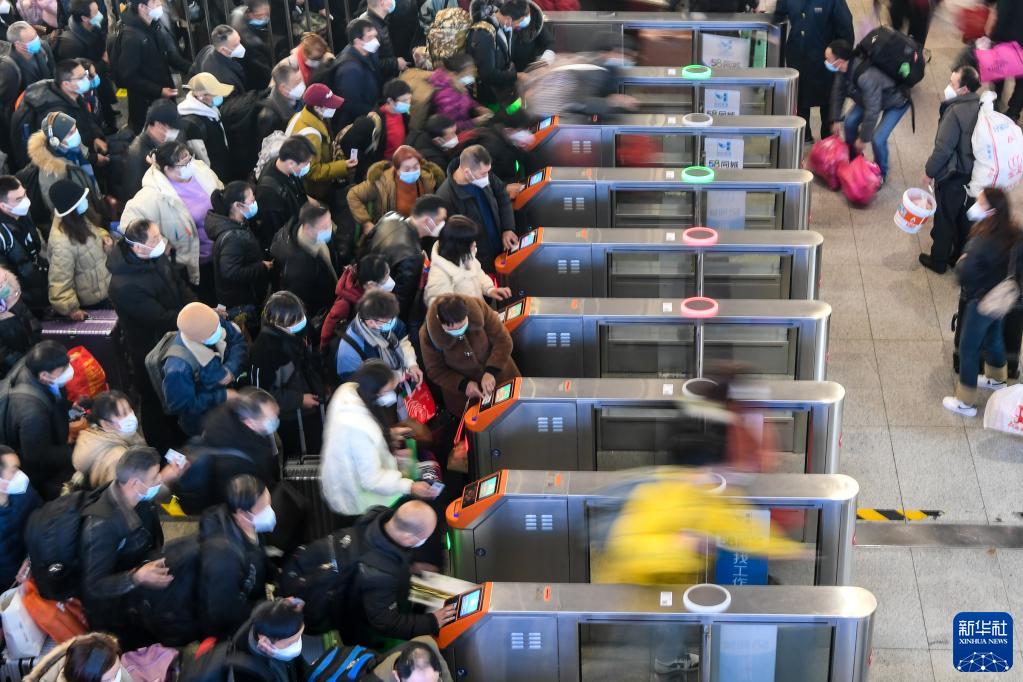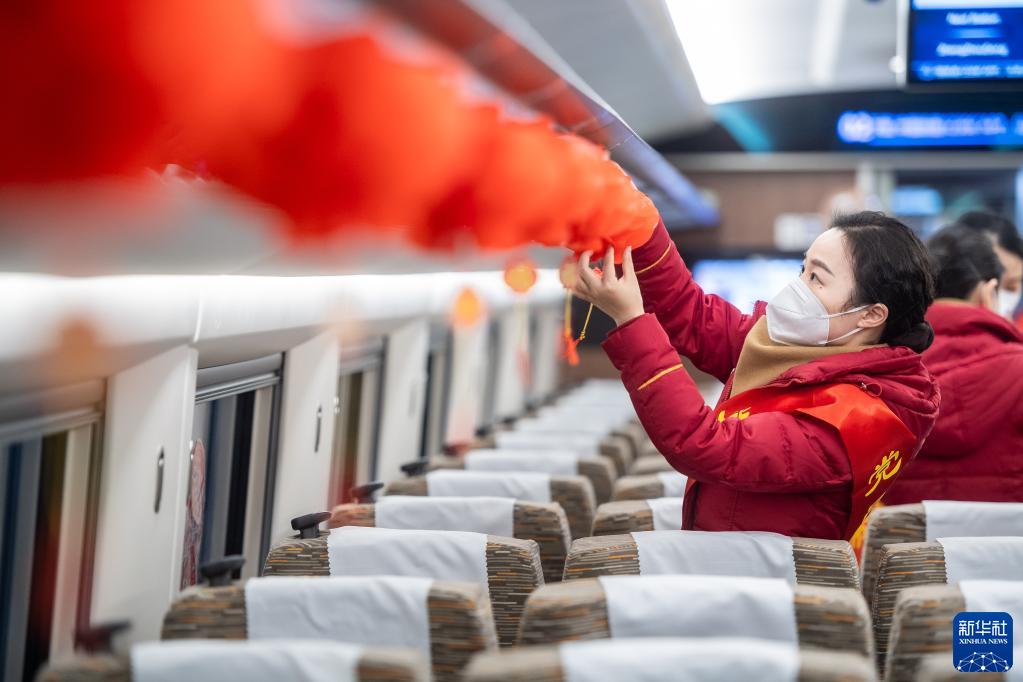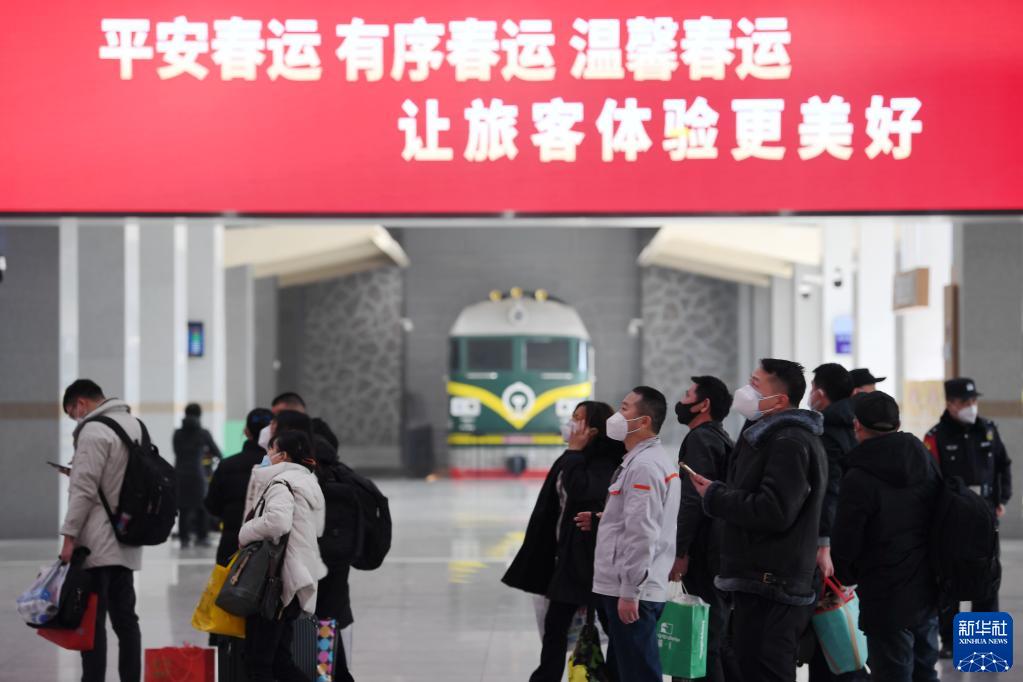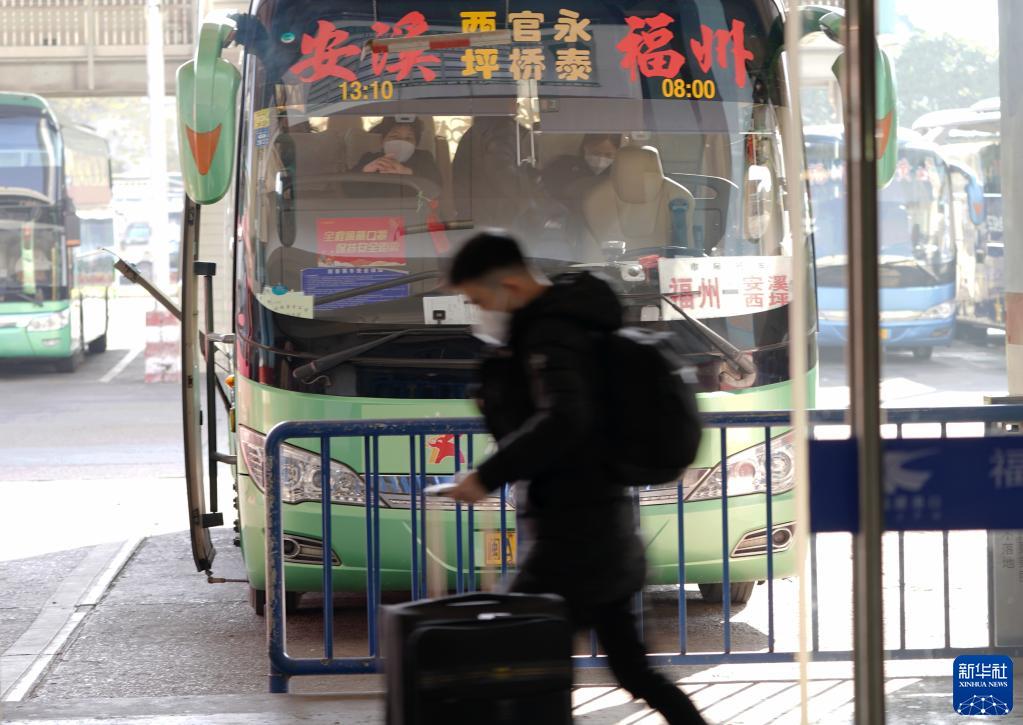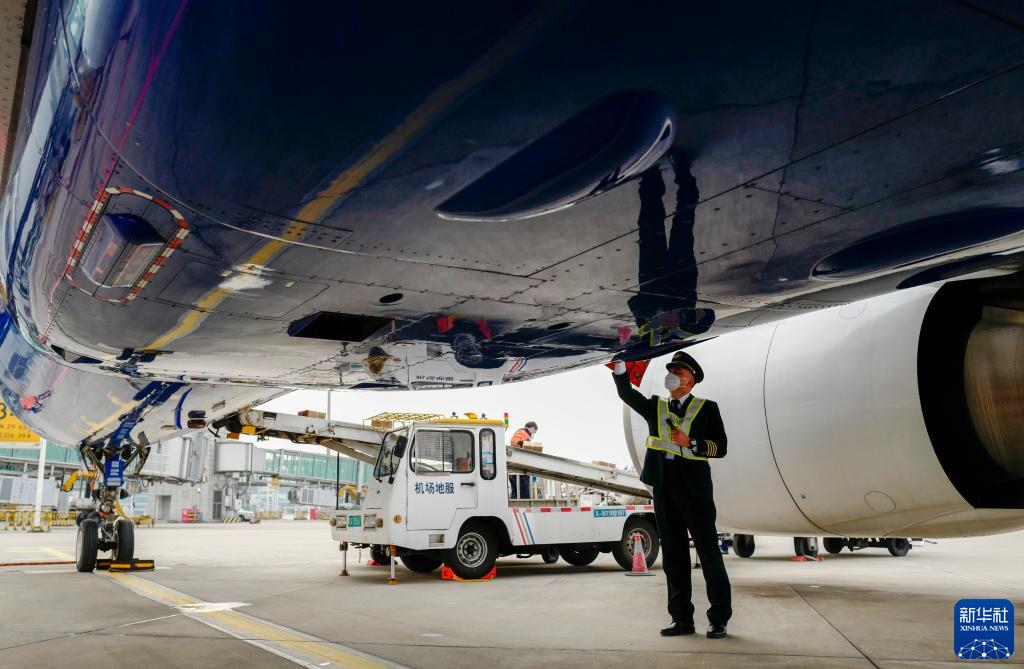District committees, district governments, member units and relevant units:
With the consent of the Municipal Party Committee, the "Beijing Water Saving Action Implementation Plan" is hereby issued to you, please conscientiously implement it according to the actual situation.
I hereby inform you.
Beijing Municipal Committee of the Communist Party of China Ecological Civilization Construction Committee
October 9, 2020
Beijing Water Saving Action Implementation Plan
In order to implement the spirit of the 19th National Congress of the Communist Party of China, vigorously promote water conservation in the whole society, comprehensively improve the utilization efficiency of water resources, form a water-saving production and lifestyle, ensure water safety in the capital, and promote high-quality development, this implementation plan is formulated according to the National Water Conservation Action Plan and its related division of labor plans, combined with the actual situation in Beijing.
First, great significance
Water is the basic natural resource and strategic economic resource related to the national economy and people’s livelihood, and it is the controlling factor of the ecological environment. Beijing is a super-large water-deficient city, and saving water is the fundamental policy to ensure the water security of the capital. Over the years, with the deepening of the construction of a water-saving society, the priority of water conservation and the development of water quantity have been gradually implemented. In 2019, the water consumption per 10,000 yuan of GDP and the water consumption per 10,000 yuan of industrial added value decreased to 11.78 cubic meters and 7.07 cubic meters respectively, and the effective utilization coefficient of farmland irrigation water reached 0.747, which significantly improved the efficiency and benefit of water use and was at the advanced level in the country. Since the South-to-North Water Transfer Project was put into operation, the situation of water shortage in Beijing has been alleviated to some extent, but the contradiction between supply and demand of water resources has not been fundamentally solved. The shortage of water resources will still be the basic market situation that our city must face for a long time, and it is the "bottleneck" of ecological civilization construction and sustainable economic and social development. Therefore, we must realize the importance of water conservation from the strategic height of accelerating the construction of ecological civilization and building a world-class harmonious and livable capital, vigorously promote water conservation in life, agriculture, industry, landscaping, public services and other fields, effectively improve the efficiency of water resources utilization, and form a good trend of water conservation in the whole society.
Second, the overall requirements
(A) the guiding ideology
Guided by Socialism with Chinese characteristics Thought of the Supreme Leader in the New Era, we will fully implement the spirit of the 19th National Congress of the Communist Party of China and the Second, Third and Fourth Plenary Sessions of the 19th National Congress, thoroughly implement the ecological civilization thought of the Supreme Leader and the spirit of the important speech of the General Secretary of the Supreme Leader to Beijing, adhere to the water-saving priority policy, and conscientiously implement the Beijing Urban Master Plan (2016-2016) in accordance with the urban development principle of "water determines cities, land, people and production". Vigorously implement water-saving actions, promote the construction of a water-saving society in an orderly manner, create policies, systems and social environment conducive to water conservation, guide the whole society to use water scientifically, practice a resource-saving and environment-friendly green production lifestyle, and put water conservation into the whole process and all aspects of economic and social development, so as to create a civilized trend and create an era for building a world-class harmonious and livable capital.
(2) Basic principles
Strengthen leadership and social co-governance. Party committees and governments at all levels should strengthen their leadership over water-saving work, achieve "three-pronged approach, five elimination and three precisions", establish a water-saving reward system and a system of accountability for wasting water, and mobilize the whole society to carry out in-depth, lasting and conscious water-saving actions.
Industry constraints, scientific and technological support. All industries should strengthen industry constraints, strengthen water control, popularize advanced and applicable water-saving technologies and processes, and promote the establishment of water-saving production methods, lifestyles and consumption patterns.
Policy guidance, two-handed efforts. Establish and improve the system of water-saving policies and regulations, improve the market mechanism, promote the market to play a greater role in the optimal allocation of water resources, and at the same time, better play the role of government regulation and control, and stimulate the endogenous motivation of water saving in the whole society.
(III) Main objectives
By 2020, the creation of water-saving areas will be fully completed, and the consumption of new water in the city will be controlled within 3.1 billion cubic meters; The amount of reclaimed water conservancy reached 1.2 billion cubic meters; Compared with 2015, the water consumption per 10,000 yuan of GDP and industrial added value decreased by 15%, the reuse rate of industrial water reached over 95%, the effective utilization coefficient of farmland irrigation water reached 0.75, and the leakage rate of urban public water supply network was controlled within 10%.
By 2022, water-saving production and lifestyle will be initially established, the proportion of unconventional water resources utilization will further increase, the efficiency and benefit of water use will be significantly improved, and the awareness of water conservation in the whole society will be significantly enhanced. Compared with 2015, the water consumption per 10,000 yuan GDP and the water consumption per 10,000 yuan industrial added value decreased by 20% and 28% respectively, and the effective utilization coefficient of farmland irrigation water remained above 0.75.
By 2035, water-saving production and lifestyle will be basically completed, a sound water price incentive and restraint mechanism will be established, and a benign self-operating water-saving endogenous power mechanism will be established. Saving and protecting water will become a conscious action of the whole society. The consumption of new water in the city will be controlled within 4 billion cubic meters, and the main water-saving indicators will reach the international leading level, forming a new modern pattern in which water resources utilization and development scale, industrial structure and spatial layout are adapted.
Iii. key actions
(A) the total intensity of dual control
1. Strengthen the rigid constraints of indicators. Improve the index system of total water consumption and water intensity control by region and industry, clarify the main responsibility of water saving, and strengthen water management. Reduce the amount of groundwater exploitation, replace the self-prepared wells within the coverage of tap water pipe network within a time limit, and realize the balance between mining and compensation. Establish and improve the advanced water quota system for major industrial products, life service industries and crops in this city.
2. Strictly manage the whole process of water use. Strictly control the intensity of water resources development and utilization, and strictly implement the systems of water impact assessment of planning and construction projects, "three simultaneities" of water saving, and water intake permit. Scientifically formulate the city’s annual water use plan, and decompose it step by step to reach districts, towns (streets) and villages (communities). According to the annual water use plan, the water quota of related industries and the needs of life, production and operation of water users, the water use indicators are approved and issued to water users, and the "monthly warning and bimonthly assessment" and the progressive price increase system for non-residents exceeding the plan are strictly implemented.
3. Strengthen water-saving supervision and assessment. Gradually establish a water-saving target responsibility system, incorporate the main indicators of water use plan and water use efficiency into the comprehensive evaluation system of economic and social development, and implement the most stringent assessment of water resources management system. The establishment of water analysis system, every six months on the water consumption growth or beyond the water plan of the industry departments, towns (streets), water units, informed or interviewed. Continue to incorporate the total water consumption as a binding indicator into the government performance appraisal. By 2020, a system of water resources supervision and accountability will be established.
(B) Agricultural water saving and efficiency improvement
4. Vigorously promote water-saving irrigation. In accordance with the principle of "carefully defining land, strictly managing wells, installing facilities, increasing agronomy, unifying fees and saving prizes", we will continue to develop efficient water-saving irrigation of "two fields and one garden".
5. Optimize and adjust the crop planting structure. Actively organize the breeding, demonstration and popularization of drought-tolerant, water-saving, high-quality and efficient crop varieties, develop dry farming and rain-fed agriculture and implement fallow rotation according to local conditions. Explore agronomic water-saving measures, promote water-saving technologies such as water and fertilizer integration, deep loosening of agricultural machinery, and efficient intelligent irrigation, and demonstrate the level of agricultural water-saving technologies.
6. Promote water-saving methods for animal husbandry and fishery. Implement water-saving transformation of large-scale farms, promote advanced and applicable water-saving livestock and poultry breeding methods, promote water-saving feeding equipment, mechanical dry manure cleaning and other technologies and processes, and apply pond engineering circulating water and other breeding technologies in fisheries.
(3) Loss reduction of public services
7. Improve the efficiency of water use in public services. Promote public service institutions to carry out water-saving diagnosis such as water balance test, and promote the application of new water-saving technologies, new processes and new products. Public institutions such as transportation passenger stations, comprehensive shopping centers, star-rated hotels, hospitals, schools, etc. take the lead in using water-saving products, gradually realize the "full coverage" of water-saving appliances, post water-saving publicity signs at major water-using parts, and give full play to the characteristics of the industry to actively carry out water-saving publicity.
8. Further reduce the leakage of water supply network. Continue to implement the renovation project of water supply pipe network, comprehensively promote the independent zoning metering (DMA) of water supply pipe network and the metering management of water users for different purposes, improve the leakage detection system of water supply pipe network, improve the refined management platform and leakage control system, and effectively reduce the leakage of water supply pipe network. Promote the transformation and professional management of secondary water supply facilities. The leakage rate of urban public water supply network should be controlled within 10%.
9. Strictly control water consumption in high water consumption service industries. Strengthen the supervision of water use in bathing, car washing, golf courses, ski resorts, washing and other industries, and strictly control the water use plan. Car washing, golf courses, etc. actively promote recycling water technology, equipment and technology, and give priority to the use of unconventional water sources such as reclaimed water and rainwater.
(4) Greening water-saving quota
10. Promote refined water management for landscaping. Strengthen the investigation on the basic information of public green space, garden, woodland, wetland and other landscaping, establish a detailed list of landscaping, implement the indicators of water use plan to the management unit, improve the water metering facilities, accelerate the realization of "full measurement" and "full charge" of water use, and strictly control the water use plan. Trees and flowers with drought resistance, water saving and strong adaptability to the environment are selected for landscaping, and efficient water-saving irrigation facilities such as micro-irrigation and sprinkler irrigation are built according to local conditions.
11. Increase unconventional water utilization in landscaping. Increase the promotion of reclaimed water, rain flood, river and lake water utilization, strengthen the construction of rain-collecting green space, study the feasibility of using underground space such as green space and woodland to build rainwater and reclaimed water to irrigate storage tanks, and gradually withdraw the water for landscaping from tap water and groundwater irrigation.
(V) Industrial water saving and emission reduction
12. Optimize and adjust the industrial structure. Strictly implement the Catalogue of Prohibitions and Restrictions on New Industries in Beijing, continue to carry out special actions to ease and rectify and promote upgrading, and promote the withdrawal from the general manufacturing industry.
13. Vigorously promote industrial water-saving transformation. Improve the water metering system and online monitoring system. Popularize water-saving technologies and technologies such as efficient cooling, washing, recycling water, recycling of waste water, and substitution of high water consumption production processes. Strengthen the quantitative supervision and assessment of industrial water quota standards, support enterprises to carry out water-saving technological transformation, key enterprises should regularly carry out water balance testing, water audit and water efficiency benchmarking, and enterprises that exceed the water quota standards should implement water-saving transformation within a time limit.
14. Actively promote the cascade utilization of water cycle. Promote existing enterprises and parks to carry out green and high-quality transformation, upgrading and recycling transformation focusing on water saving, and accelerate the construction of water saving and water recycling facilities. Newly-built enterprises and parks should co-ordinate the construction of water supply and drainage, water treatment and recycling facilities, promote the optimal integration of water use systems among enterprises, promote water use in series and in different quality among enterprises, and realize multi-purpose and recycling of one water. Accelerate the establishment of the "three cities and one district" water-saving benchmark park.
(6) Building water saving and quantity control
15. Strengthen water management on the construction site. Construction units should fully consider unconventional water utilization and formulate measures for water saving and water resources utilization. Establish a joint law enforcement inspection mechanism for housing and urban-rural construction and water departments, and find that there is waste of water resources on the construction site, punish and urge the construction unit to carry out rectification according to law.
16. Strictly limit the construction precipitation. Actively adopt curtain waterproof and other new technologies and processes to limit the precipitation in construction projects. If precipitation is really necessary, the construction precipitation scheme, groundwater recharge and utilization scheme should be prepared, and it can be implemented only after being approved by experts and obtained drainage permission. The groundwater discharged in the precipitation stage should pay water resource tax according to regulations.
(7) Education and water-saving guidance
17. Strengthen the cultivation of campus water-saving culture. Adhere to education first, schools should incorporate water conservation into the education of kindergartens, universities, primary and secondary schools, strengthen the education of market conditions and water conditions, popularize water-saving knowledge, carry out water-saving publicity, and lead families and the whole society to save water. Encourage the establishment of water-saving associations, select "water-saving ambassadors" and carry out activities such as summer water-saving social practice.
18. Innovative comprehensive water-saving mode in colleges and universities. Give full play to the advantages of technical talents in colleges and universities, actively carry out innovative activities such as water-saving design, renovation, measurement and consultation, promote the new mode of water-saving by contract, effectively improve the water-saving level of schools, and play a leading role in water-saving in the whole society.
(8) tapping the potential of unconventional water
19. Improve the utilization level of reclaimed water and rainwater. Strengthen the diversified, cascade and safe utilization of unconventional water such as reclaimed water and rainwater, and improve the infrastructure such as reclaimed water pipe network, water adding station and rainwater collection and utilization according to local conditions. Reclaimed water or rainwater shall be used for landscape water and other municipal miscellaneous water in residential quarters and units, and tap water shall not be used. By 2020, the amount of reclaimed water conservancy will reach 1.2 billion cubic meters, and by 2022, the utilization level of unconventional water such as reclaimed water will be further improved.
20. Strengthen the construction of "sponge city". Implement the zoning control strategy of sponge city construction, and comprehensively take measures such as infiltration, stagnation, storage, purification, use and discharge to increase the proportion of local absorption and utilization of rainfall. By 2020, more than 20% of urban built-up areas will realize 70% on-site absorption and utilization of rainfall. By 2022, more than 30% of urban built-up areas will realize 70% on-site absorption and utilization of rainfall.
(9) Creation of water-saving carriers
21 to carry out the reinspection of water-saving areas. On the basis of the completion of the creation of water-saving zones in all 16 districts of the city, a dynamic management mechanism of "one-year assessment and three-year re-inspection" will be established, the indicators for the construction of water-saving zones will be scientifically optimized, and the re-inspection supervision of water-saving zones will be well done.
22. Strengthen the creation of water-saving villages (communities). Combined with the construction of beautiful countryside, speed up the construction and renovation of domestic water supply facilities and supporting pipe networks, promote the use of water-saving appliances and promote water metering and charging in combination with the rural "toilet revolution" and the renovation of old residential areas. By 2022, the coverage rate of water-saving villages (communities) will reach 40%.
23. Promote the creation of water-saving units. Co-ordinate the establishment of a coordinated management mechanism for water-saving work of central units, troops and departments in charge of various industries in Beijing, intensify the creation of water-saving enterprises (units), set up a number of water-saving models and demonstrate and popularize them. Before the end of 2021, the city’s water system organs and institutions, water supply and drainage enterprises take the lead in completing the creation of water-saving industries; By 2022, all municipal authorities and more than 60% municipal institutions will build water-saving units, and 70% ordinary colleges and universities will build water-saving colleges and universities.
(10) Leading by scientific and technological innovation
24. Accelerate the research and development of key technologies and equipment. Relying on the advantages of scientific and technological talents in the capital, we will promote the innovation of water-saving technologies and processes, aim at the world’s advanced technologies, and focus on strengthening the research and development of advanced and applicable technologies and equipment such as accurate measurement of water intake, efficient recycling of water resources, intelligent control of water use process, accurate water-saving irrigation control, intelligent monitoring of pipe network leakage, and unconventional water utilization.
25. Promote the popularization of water-saving technologies. Establish a water-saving technology innovation system with deep integration of "politics and Industry-University-Research", expand the promotion channels of water-saving scientific and technological achievements and advanced water-saving technologies, accelerate the transformation of water-saving scientific and technological achievements, and gradually promote the marketization of water-saving technological achievements.
26. Carry out technical exchanges and cooperation. Strengthen technical cooperation and exchanges with advanced water-saving countries and regions, introduce relevant technologies and equipment, and continuously improve the level of water-saving technology.
Fourth, deepen the reform of the system and mechanism
(A) the policy system to promote
1. Comprehensively deepen water price reform. We will improve the formation mechanism and dynamic adjustment mechanism of urban water supply price that fully reflects the water supply cost, encourages the improvement of water supply service quality, and promotes water conservation, improve the residential ladder water price system in a timely manner, and fully implement the progressive price increase system for urban non-residents to exceed the quota. We will further promote the comprehensive reform of agricultural water prices, and improve the accurate subsidies for agricultural water use and the assessment and reward mechanism for water saving in accordance with the relevant policies of "two fields and one park". Adjust the price of reclaimed water in a timely manner and encourage the expansion of the use of reclaimed water.
2. Strengthen water metering statistics. Full implementation of online metering management, improvement of Beijing water saving management platform, and statistical analysis of water consumption to towns (streets) and villages (communities). Implement traceability management of measurement facilities to ensure the accuracy of measurement data.
3. Strengthen water-saving supervision and management. Strictly implement the supervision and management of planned water use, and conduct special inspections on key areas, industries and products. Explore the establishment of water audit system, and encourage enterprises or parks with annual water consumption exceeding 100,000 cubic meters to set up water managers. Further improve the list of key monitoring water units. By 2022, all industrial and service water units with annual water consumption of more than 500,000 cubic meters will be included in the list of key monitoring water units.
4. Improve the water-saving standard system. According to the working idea of "unified deployment, industry leading, and overall release", a mechanism for making and revising water-saving standards is established, which is coordinated by the water department and the market supervision and management department and implemented by the competent departments of various industries. According to the red line of total water consumption control and water efficiency control, "100 water-saving standard projects" are implemented, and an advanced water-saving quota covering the fields of service industry, industry, agriculture, landscaping and so on and a water-saving standard system meeting the basic management and evaluation of water-saving are constructed.
(B) market mechanism innovation
5. Implement water efficiency label management. Implement the water efficiency labeling of domestic water products, strengthen market supervision, increase the intensity of special inspections and spot checks, eliminate products with lower water efficiency grades, and investigate and punish manufacturers with false water efficiency labeling according to law and disclose the punishment results to the public.
6. Implement water efficiency leading. Actively guide water products, water enterprises and public institutions to participate in the leading action of water efficiency leaders, set an advanced benchmark for water conservation, and encourage water efficiency benchmarking activities. In accordance with national requirements, do a good job in the declaration and preliminary evaluation of water efficiency leaders in related fields, and accelerate the introduction of typical water efficiency leaders and public institutions.
V. Safeguards
(1) Strengthen organizational leadership. Strengthen the Party’s leadership over water-saving work, and regard water-saving as an important part of the Party’s leadership of "whistling in the streets and townships, reporting to departments" and "river-length system". District committees, district governments, and departments in charge of various industries take overall responsibility for water-saving work in their respective jurisdictions and industries, and formulate water-saving action measures and annual implementation plans respectively according to the requirements of "water-saving must be managed in production management, water-saving must be managed in industry management, and water-saving must be managed in urban operation management" to ensure the smooth completion of various tasks of water-saving action.
(2) Promoting the rule of law. Accelerate the promotion of local legislation and strive to introduce the "Beijing Water Conservation Regulations" in 2022. Improve the joint law enforcement mechanism of departments and increase the enforcement of water conservation.
(3) Increase investment in water conservation. Establish a water-saving investment guarantee mechanism, and incorporate the annual water-saving work of various departments and units into the departmental budget arrangement. Make full use of the national subsidy policies for water saving, energy saving and environmental protection, and broaden the investment and financing channels through water saving by contract and PPP, so as to strive for more funds and capital to invest in the construction of a water-saving society.
(4) Improve the incentive mechanism for water saving. In the construction of water-saving areas, the creation of water-saving carriers, the water-saving of "two fields and one garden" in agriculture, and the leading of water efficiency, we will establish a water-saving incentive mechanism, establish specific incentive measures for water-saving units, and commend units and individuals that have made outstanding contributions to water-saving work.
(5) Raise awareness of water conservation. All district committees, district governments, and departments in charge of various industries should carry out water-saving publicity in a normal way, vigorously carry out water-saving publicity in crowded places such as cultural tourism, transportation, and urban management, and the media such as television, radio, and the Internet should widely advocate the concept of water-saving and water-saving green living, expand the visibility and influence of publicity, create a good social atmosphere for water conservation, and raise the awareness of water conservation for the whole people.
